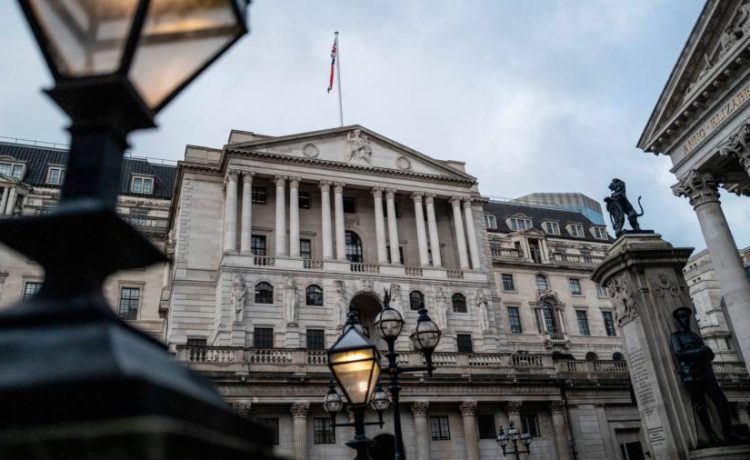The Bank of England has promised measures to better safeguard a key investment strategy used by pension funds, almost six months after a liquidity crisis in the sector threatened to destabilise the wider financial system.
Sarah Breeden, BoE executive director for financial stability, told MPs on Wednesday that the central bank would outline plans next month to boost the resilience of the liability-driven investment sector, used by thousands of pension plans, to market shocks.
The move comes after a crisis in the pension sector in September last year exposed liquidity and operational weaknesses in the LDI market, which “defined benefit” pension funds had used for decades to help manage their funding risks.
Following Liz Truss’s ill-fated “mini” Budget, which sent UK bond yields soaring, the BoE was forced to launch an emergency bond-buying programme “on whatever scale . . . necessary” to restore order to the gilt market.
The spike in bond yields triggered collateral calls on thousands of pension funds that used hedging contracts, or liability-driven investing strategies, which are sensitive to movements in bond prices. This forced the plans to rapidly sell assets including gilts to replenish collateral, putting more upward pressure on yields.
Giving evidence to the House of Commons work and pensions select committee, Breeden said action by regulators to reduce leverage in the funds, and boost collateral, in the wake of September’s crisis had increased the LDI market’s resilience. But she added that “steady state” measures were now needed.
“What was put out by the regulators was a great holding measure,” said Breeden, who sits on the BoE’s financial policy committee. “We need to fix the problem that materialised in September and ensure that there is a liquidity resilience framework for the steady state.
“The financial policy committee is in the middle of discussing and deliberating on what’s the appropriate steady state response to this episode,” she added.
Asked whether pension funds should be allowed to continue to use leverage with LDI strategies, Breeden said: “Leverage is not inherently a bad thing. If it is well managed, it can be a good thing.”
She said the central bank’s “steady-state” response would focus on financial resilience but also address operational issues that had emerged in so-called “pooled” LDI funds, where schemes’ assets are invested together rather than individually.
Pooled funds made up about 15 per cent of the market, or roughly 1800 individual schemes, said Breeden.
“The thing that created the severe dysfunction that caused us to intervene, was this forced selling as a result of the operational and governance complexities and recapitalising of small pooled funds,” she said.
The MPs also heard that losses to pension and LDI funds from the forced selling of gilts during the crisis, which lasted into October, could amount to £4bn.
Tim Bush, head of governance and financial analysis at Pensions and Investment Research Consultants, said: “If people [funds] were selling gilts cheaply to the Bank of England [during its market support programme], and then buying them back high, the BoE profit is the contra to their losses, at least on the bond side.
“I think we can come up with a number of about £4bn if that is the BoE’s profit.”
During its rescue operation, which ran between September 28 and October 14, the central bank purchased £19.3bn of gilts. It began to unwind these purchases in late November, and fully sold its portfolio of temporary gilt holdings in mid-January.
The BoE did not immediately respond to a request for comment on Bush’s remarks.




